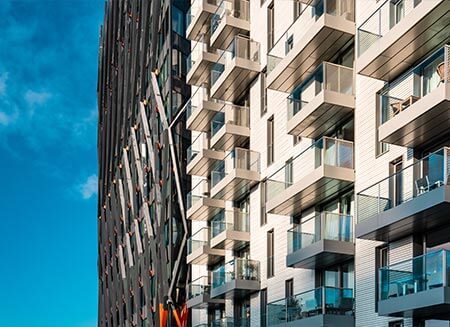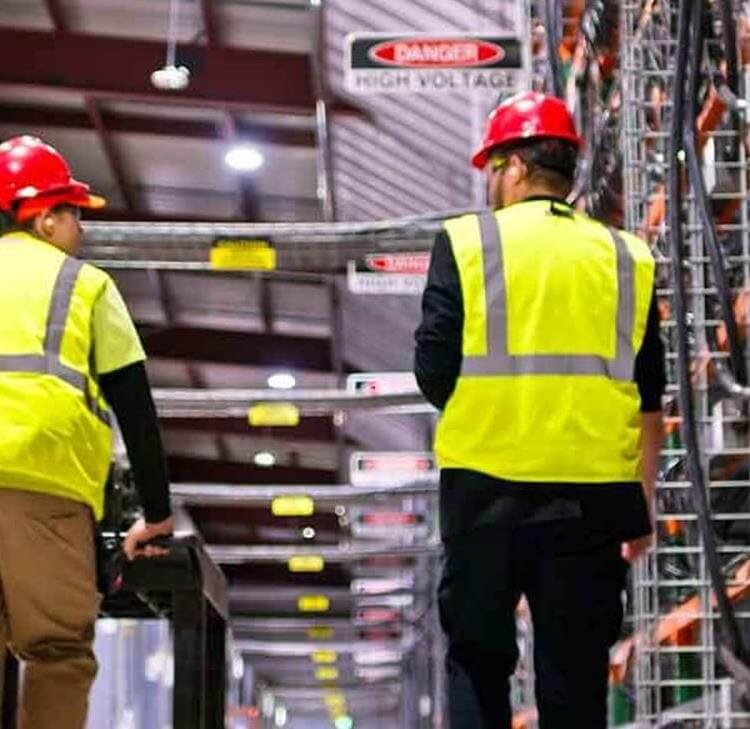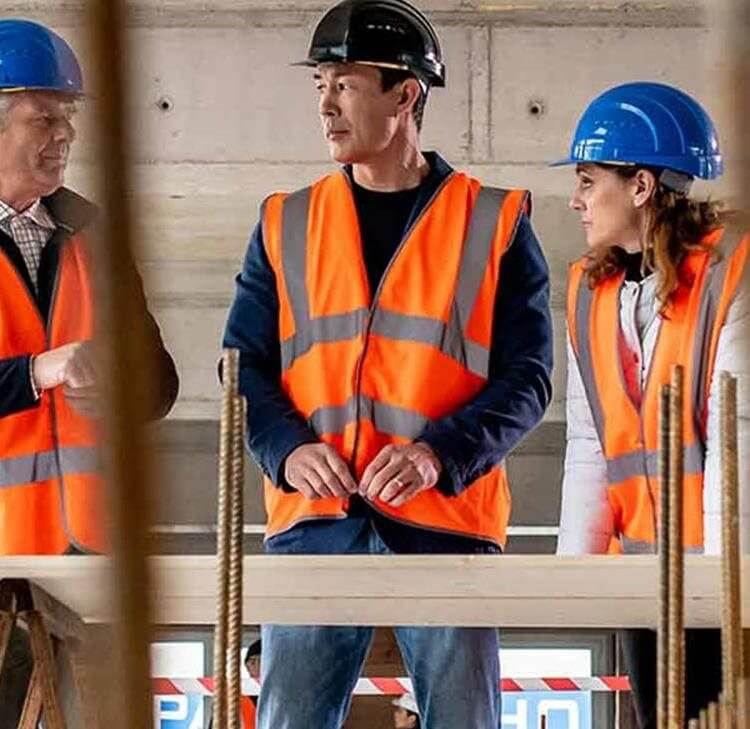A look ahead to the new Building Safety Regulator planned for 2021
The Housing, Communities and Local Government Committee has just announced a new inquiry to undertake pre-legislative scrutiny of the draft Bill for the Building Safety Regulator (“BSR”). Measures contained in the Bill are likely to come into force in 2021.
In January 2020, following the government’s announcement of measures to improve building safety standards, the Building Safety Regulator (“BSR”) was set up in shadow form ahead of legislation as part of the Health and Safety Executive (“HSE”). This was followed by the publishing of the draft Building Safety Bill in July 2020. The Housing, Communities and Local Government Committee has just announced a new inquiry to undertake pre-legislative scrutiny of the draft Bill. Measures contained in the Bill are likely to come into force in 2021.
At the heart of this Bill is the establishment of the BSR to oversee a more stringent regulatory regime, particularly in relation to higher-risk buildings.
The government envisages that the BSR will have three main functions:
- To oversee the safety and standard of all buildings;
- To directly assure the safety of higher-risk buildings; and
- To improve the competence of people responsible for managing and overseeing building work.
In order to improve the competence of people managing building work, the BSR is under an obligation to provide the necessary assistance and encouragement to persons in the built environment industry and registered building inspectors. The regulator must also establish and maintain a number of committees including the Building Advisory Committee, a Committee on Industry Competence and a Residents’ Panel. A register of building inspectors must be established by the BSR who must also publish a code of conduct for registered building inspectors. Where misconduct is suspected, the BSR will have the power to investigate and revoke registration.
The BSR will have powers to issue Compliance Notices and Stop Notices and there will also be criminal sanctions for offences including failing to comply with a request for information.
The HSE has been given additional funding to ensure that it has the resources it needs to staff the new Regulator. Dame Judith Hackitt, chair of the BSR Board said that the BSR would use information about companies that had previously been subject to HSE action in an effort to flag up organisations that might be prone to flouting building safety rules. She said “I think you should not underestimate the level of intelligence the HSE already has about the sector and how they will be able to use that as part of becoming this new regulatory body.”
The HSE is expected to launch the recruitment for the first chief inspector of buildings in England, who will lead the regulator, later this year. In July 2020, it was announced that £16.4 million has been set aside in this financial year for HSE to recruit people and develop capabilities that will enable the BSR to hit the ground running once its powers come into effect.
In the wake of the Grenfell Tower disaster the building management and construction sector knew that change was coming to improve construction standards and the management of buildings once occupied. The HSE will now be running a new Regulator to focus on all major regulatory decisions made at key points during design, construction, occupation and refurbishment of buildings. It will also maintain a national register of buildings that come under the legislation, issue best practice guidance, oversee building control bodies and advise government on changes to building regulations. It will also oversee a new competency framework.
The industry is already taking steps to assess competency levels and to ensure that Building Regulations are at the heart of design, practice and culture. However, with a whole new regime coming into force in the next few years there is likely to be continued debate and consultation with the industry with lots of opportunities for engagement within the sector.









































